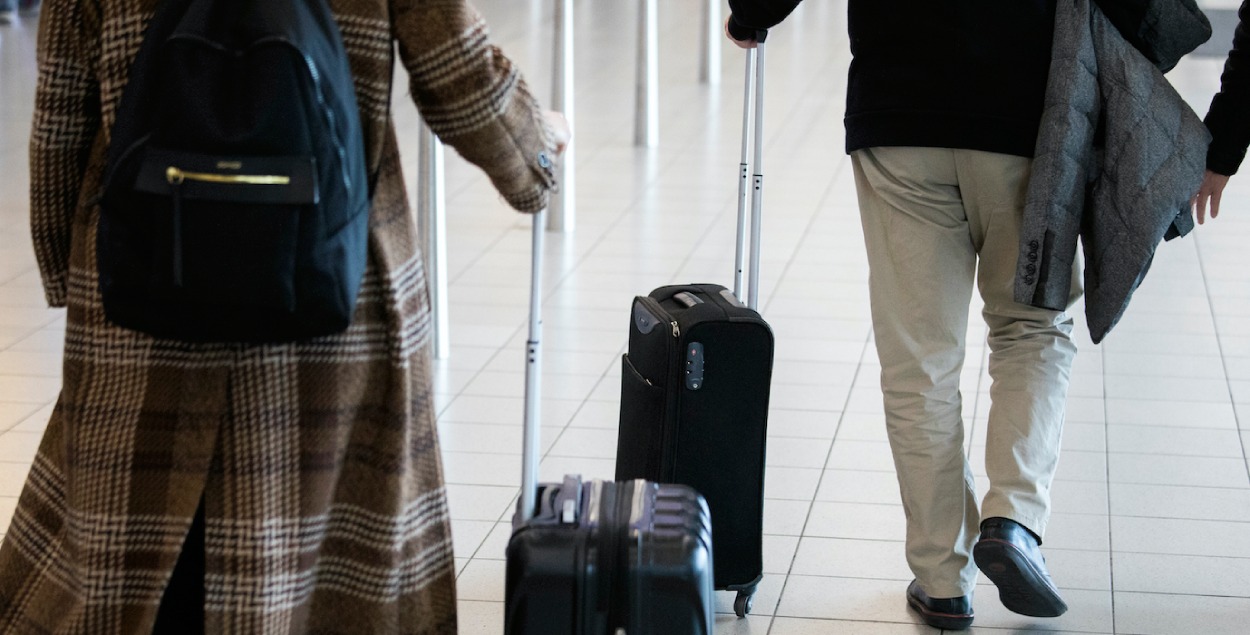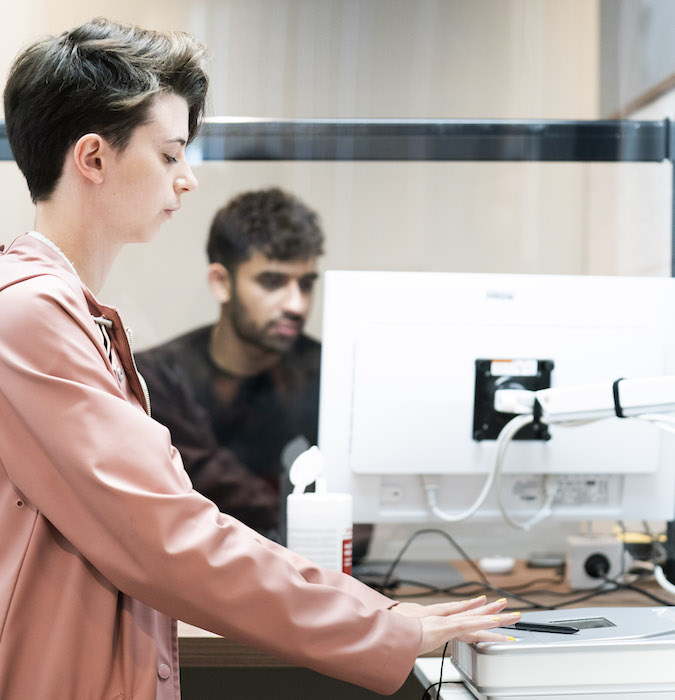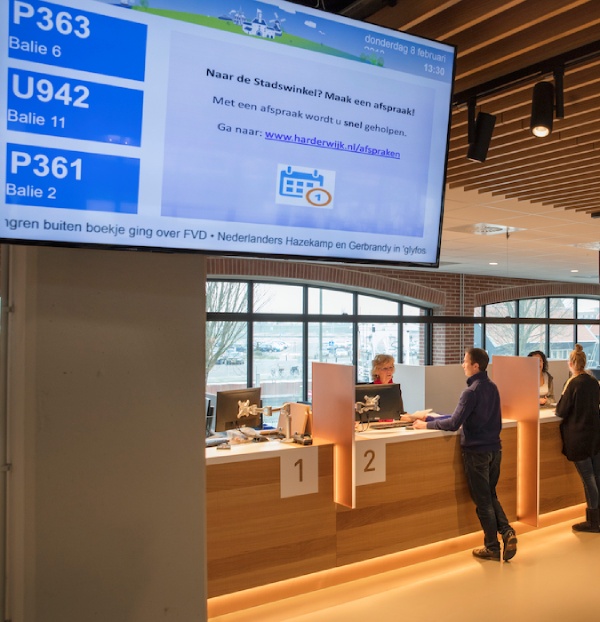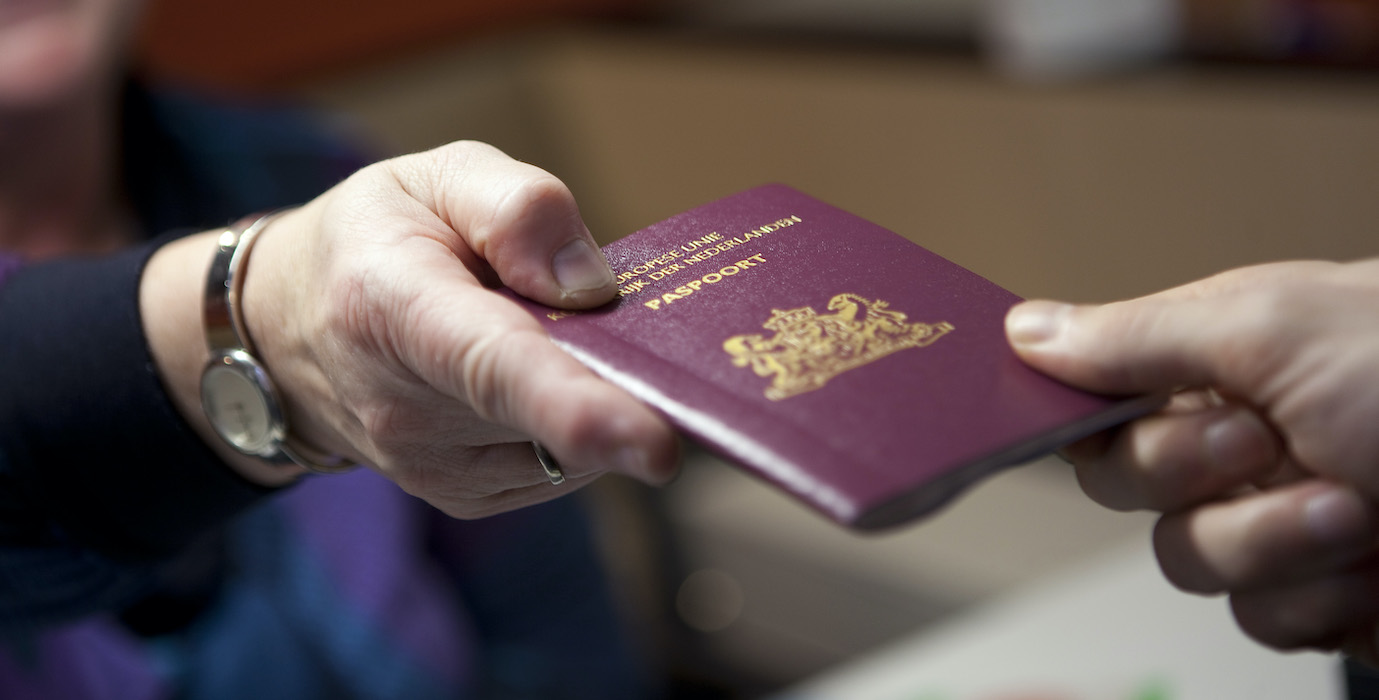This is where it gets a little complicated. The Netherlands requires an entry visa for citizens from some countries: a Schengen visa for a short stay (less than 90 days) and an MVV visa for a long stay (more than 90 days). In addition, all non-EEA citizens need a residency permit. Some residency permits don’t require a separate work permit while others do. For regular paid employment, a combined application for a permit to live and work must be submitted – called the TEV or GVVA. No work permit is required for other residency permits such as those for highly skilled migrants, startup founders or researchers. For a complete list of special schemes, visit the guidance webpage of our Immigration and Naturalisation Service.
Note: applying for a residency and/or work permit is official business, and as such needs to be carried out at a Dutch embassy or consulate in your country. If there isn’t an embassy in your country, you’ll need to visit a neighbouring country. Find a Dutch embassy near you.
On this page you can find the relevant links to government information about the consequences of the Russian invasion in Ukraine for people from Ukraine about their stay and applications.



